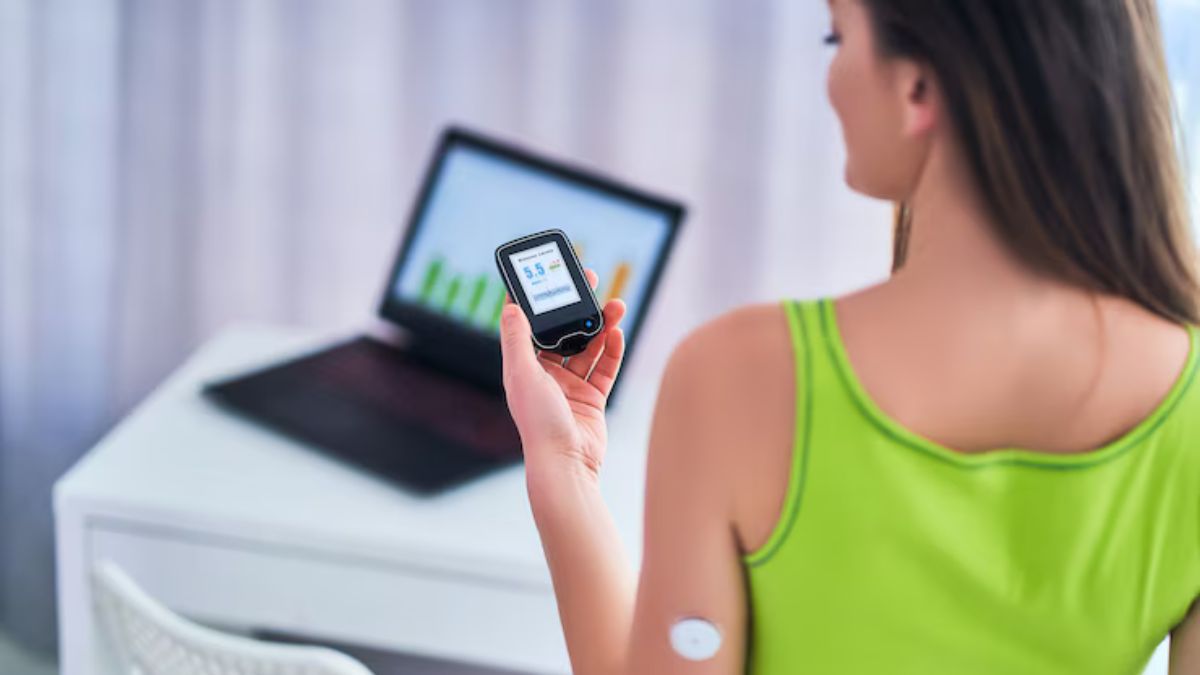
From wristbands to smart rings in trend, there are diverse health fitness monitors that have come into existence in recent years. With smart devices that can track steps, stress and physical activity while even monitoring heart rate, blood pressure, and ECG, these smart devices have been an attraction to people who are into fitness or to keep track of health due to newer or urban lifestyle choices. But are these reliable? Do smart healthtech devices produce accurate results? Read on as Dr SS Ramesh, Cardiologist, Mentor and Chief Clinical Advisor, Heartnet India weighs in.
Table of Content:-
The increasing incidence of lifestyle and chronic diseases, such as heart disorders including cardiovascular disease (CVD), high blood pressure, diabetes, obesity, stress, and anxiety, is also linked to the expanding use of wearable technology. IDC Research predicts that by 2025, consumers will gradually switch from basic to advanced smartwatches due to rising demand for better health tracking, effective sensors, and cutting-edge functionality. IBEF also highlights the rising popularity of wearables in India, including glucose monitors, exercise trackers, and mental health devices, due to their ease of use.
Benefits of the smart devices
Many fitness-tracking devices in the Indian market now go beyond monitoring exercise. These include:
- They track blood pressure, heart rate, sleep quality, temperature, stress, and menstrual cycles, with temperature sensors predicting periods and ovulation.
- Wearables help manage diseases by providing real-time data, and aiding lifestyle adjustments. Devices like smartwatches can detect early signs of heart conditions and changes in the pulse rate the entire day.
- These devices identified atrial fibrillation in 87% of cases and detected falls with 82% accuracy, as reported by Nasscom.
However, questions remain about their accuracy and reliability. With the promise of personalized health management, it’s essential to examine how these devices function and whether their data can be trusted.
Also Read: 10 Health Care Equipments That Are A Must For Our Homes

Are the numbers really accurate?
Advances in sensors and artificial intelligence (AI) enable millions to monitor chronic health conditions and prevent serious illnesses using wearable devices like smart rings and watches. According to a market research, smartwatches now come with advanced sensors and AI-powered algorithms. These devices use photoplethysmography (PPG) to track blood volume and composition, offering insights into activity levels, stress, and heart irregularities. Despite their capability, limitations remain as sensors cannot penetrate the skin.
Some healthcare providers find these wearable devices to be useful for tracking vitals, and sleep quality. However, here are some challenges that need to be addressed:
- Data reliability: Some doctors question the reliability of wearable data of consumers. For example, while some FDA-approved smartwatches are capable of alerting atrial fibrillation episodes, they are less effective for mass screening due to false positives causing unnecessary strain.
- Accuracy Concerns: Improper use of healthtech devices such as wearing incorrectly or inconsistent use can lead to inaccurate results. Users who focus on metrics like heart rate, calories burnt, etc. may experience anxiety or symptoms mimicking serious conditions. This can cause distress.
Also Read: LED Mask For Skin Health: Is It Worth The Hype?
The Smart HealthTech Checklist: What to Know Before You Rely on It
Before fully relying on smart devices for health monitoring, it's important to understand their capabilities and limitations, as traditional diagnosis remains the most reliable method for identifying illness.
As per Dr Ramesh, “Telecommunication-based online consultations allow patients to discuss symptoms without needing to visit a doctor. For some conditions, doctors may use wearable data to monitor patients remotely, improving care and reducing hospital visits. However, wearable data should not be the sole basis for diagnosing or treating serious health conditions. Always consult a healthcare professional for accurate diagnoses and treatment plans.”
Summing up, the future of health wearables is promising with newer advancements in sensor technology, AI, and machine learning. These innovations are set to enhance the accuracy, reliability, and personalization of health insights. Additionally, wearables' integration with telemedicine platforms could transform healthcare by enabling remote monitoring and consultations.
Also watch this video
How we keep this article up to date:
We work with experts and keep a close eye on the latest in health and wellness. Whenever there is a new research or helpful information, we update our articles with accurate and useful advice.
Current Version